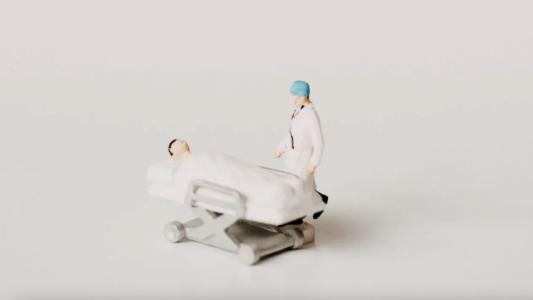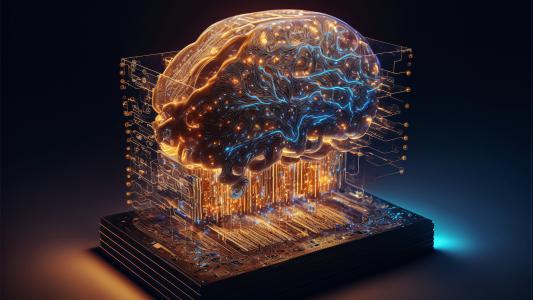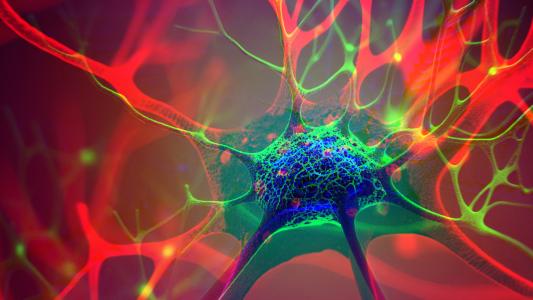Brain
Graphene sensor could let you control robots with your mind
The “wonder material” graphene has been used to develop a dry sensor that could enable anyone to control technology with their minds.
Death: how long are we conscious for and does life really flash before our eyes?
When does our consciousness disappear? And are we really flooded by memories in our final moments? Scientists hope to find out.
How close are we to reversing paralysis?
Thanks to groundbreaking innovations in neuroscience, we’re seeing that forms of paralysis long assumed to be permanent can be reversed.
Our new brains: neurotechnology advances that could change everything
Here are the latest developments in neurotech, from brain-computer interfaces to brain-inspired AI.
3D-printing the brain’s blood vessels with silicone could personalize neurosurgery
3D printing could make blood vessel replicas with the soft feel and the structural accuracy surgeons need.
Have scientists found a “brake pedal” for aging?
A new protein discovery may have highlighted a "switch" in brain cells that slows down inflammation and aging.
Wristband device helps to control Tourette’s tics in clinical trial
A new wrist-worn device from the University of Nottingham uses electrical pulses to help curb Tourette syndrome symptoms.
Pfizer’s nasal spray for migraines is heading to pharmacies
The FDA has approved Pfizer’s zavegepant, a nasal spray for migraines that can ease pain in as few as 15 minutes.
“Digital detoxes” don’t work. Try these 4 skills instead
Digital distractions have become a ubiquitous part of work and life. But these distractions begin with emotional discomfort.
Breakthrough study discovers that psychedelics breach our neurons
Researchers have discovered that psychedelics can activate 5-HT2A receptors inside of cortical neurons, a possible cause of their therapeutic effects.









